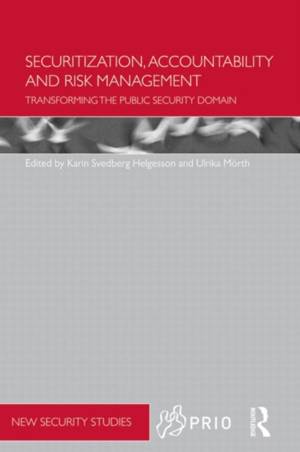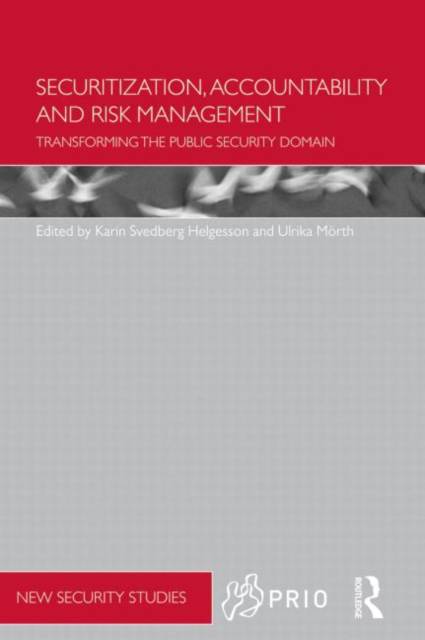
- Afhalen na 1 uur in een winkel met voorraad
- Gratis thuislevering in België vanaf € 30
- Ruim aanbod met 7 miljoen producten
- Afhalen na 1 uur in een winkel met voorraad
- Gratis thuislevering in België vanaf € 30
- Ruim aanbod met 7 miljoen producten
Securitization, Accountability and Risk Management
Transforming the Public Security Domain
Omschrijving
This edited volume examines the reconstitution of the public security domain since the 9/11 attacks, focusing on the banking sector and anti-money laundering (AML) activity in particular.
Since the inception of the 'Financial Action Taskforce' (FATF) in 1989, AML has been viewed as a global problem. This text argues that the securitization of the financial sector as a result of AML has entailed the emergence of a new public security domain, which transcends the classic public-private divide.
The analysis in the volume is multidisciplinary and combines concepts and theories from the literature on securitization, the public-private divide, and business/management. The authors argue that the state is under transformation and that the developments in the security field are part of an ongoing renegotiation of the relationship between the state and the business sector. Securitization, Accountability and Risk Management therefore contributes to a deeper understanding of how the power relationships have changed between the public and the private sectors after 9/11.
This interdisciplinary book will be of much interest to students of critical security, risk management, business studies, critical legal studies and IR in general.
Specificaties
Betrokkenen
- Uitgeverij:
Inhoud
- Aantal bladzijden:
- 176
- Taal:
- Engels
- Reeks:
Eigenschappen
- Productcode (EAN):
- 9780415717694
- Verschijningsdatum:
- 31/05/2013
- Uitvoering:
- Paperback
- Formaat:
- Trade paperback (VS)
- Afmetingen:
- 156 mm x 234 mm
- Gewicht:
- 267 g

Alleen bij Standaard Boekhandel
Beoordelingen
We publiceren alleen reviews die voldoen aan de voorwaarden voor reviews. Bekijk onze voorwaarden voor reviews.










